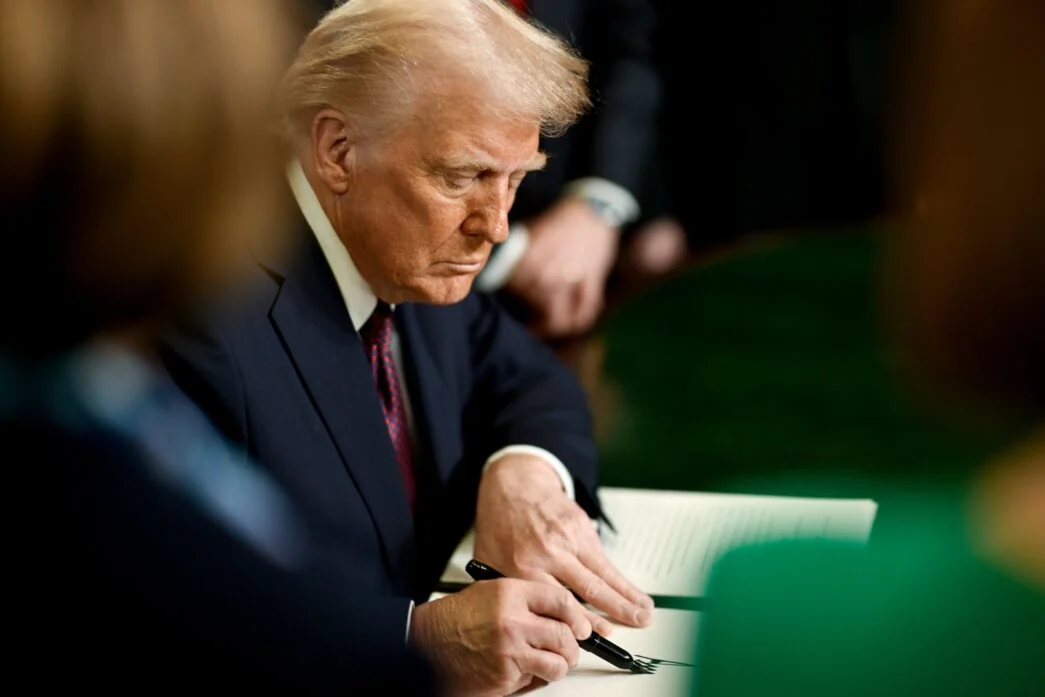
U.S. President Donald Trump has unveiled a fresh round of tariffs targeting key industries, including a 100% tariff on branded or patented drug imports starting October 1, unless companies build manufacturing plants in the United States.
In addition to pharmaceutical tariffs, the White House announced a 25% import tax on heavy-duty trucks and a 50% levy on kitchen and bathroom cabinets, as part of measures aimed at protecting American manufacturers from what Trump described as a “large scale flooding” of foreign goods.
Trump shared the announcement on his Truth Social platform, emphasizing the need to shield U.S. businesses from “outside countries” that allegedly flood the American market with cheap products.
The new drug tariffs could significantly affect major pharmaceutical exporters such as the UK, Ireland, Germany, Switzerland, and Japan. However, the EU maintains that a recent agreement with the U.S. limits pharmaceutical tariffs to a maximum of 15% for EU exports, according to Ireland’s Trade Minister Simon Harris.
The UK, which exported over $6 billion in pharmaceutical products to the U.S. last year, is closely monitoring the situation. A UK government spokesperson stated ongoing engagements with the U.S. to address industry concerns.
Investment experts describe the pharmaceutical sector’s recent experience as a “rollercoaster,” with heightened uncertainty impacting share prices globally. Some analysts note the impact might be limited, given exemptions for generic drugs and firms already planning or building U.S.-based manufacturing.
The tariffs on heavy trucks aim to protect American manufacturers such as Peterbilt and Mack Trucks from “unfair outside competition,” according to Trump. This sector faces significant reliance on imported parts, especially from allies like Mexico, Canada, and Germany.
The U.S. Chamber of Commerce warned that many truck components come from close trade partners, and higher tariffs could increase production costs, harming the industry and consumers.
Additionally, the White House announced a 30% tariff on upholstered furniture starting next week, adding to the new levies on cabinets and other household goods, citing high import levels damaging local manufacturers.
These new tariffs expand Trump’s broader trade policy, which has featured sweeping import taxes on more than 90 countries since early August, targeting steel, copper, aluminum, vehicles, and other sectors. The president’s goal remains boosting American jobs and manufacturing.
However, the tariffs have faced opposition from U.S. businesses and trade experts, who warn of increased consumer prices and disrupted supply chains. Some view the industry-specific tariffs as a fallback to secure revenue amid ongoing legal challenges to Trump’s earlier broad tariff measures.



